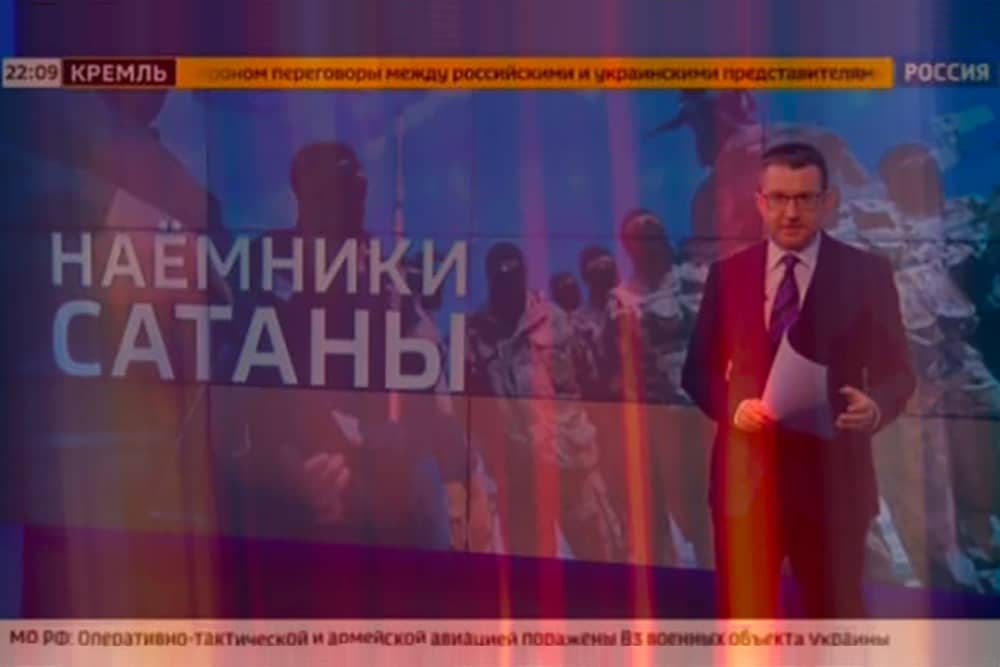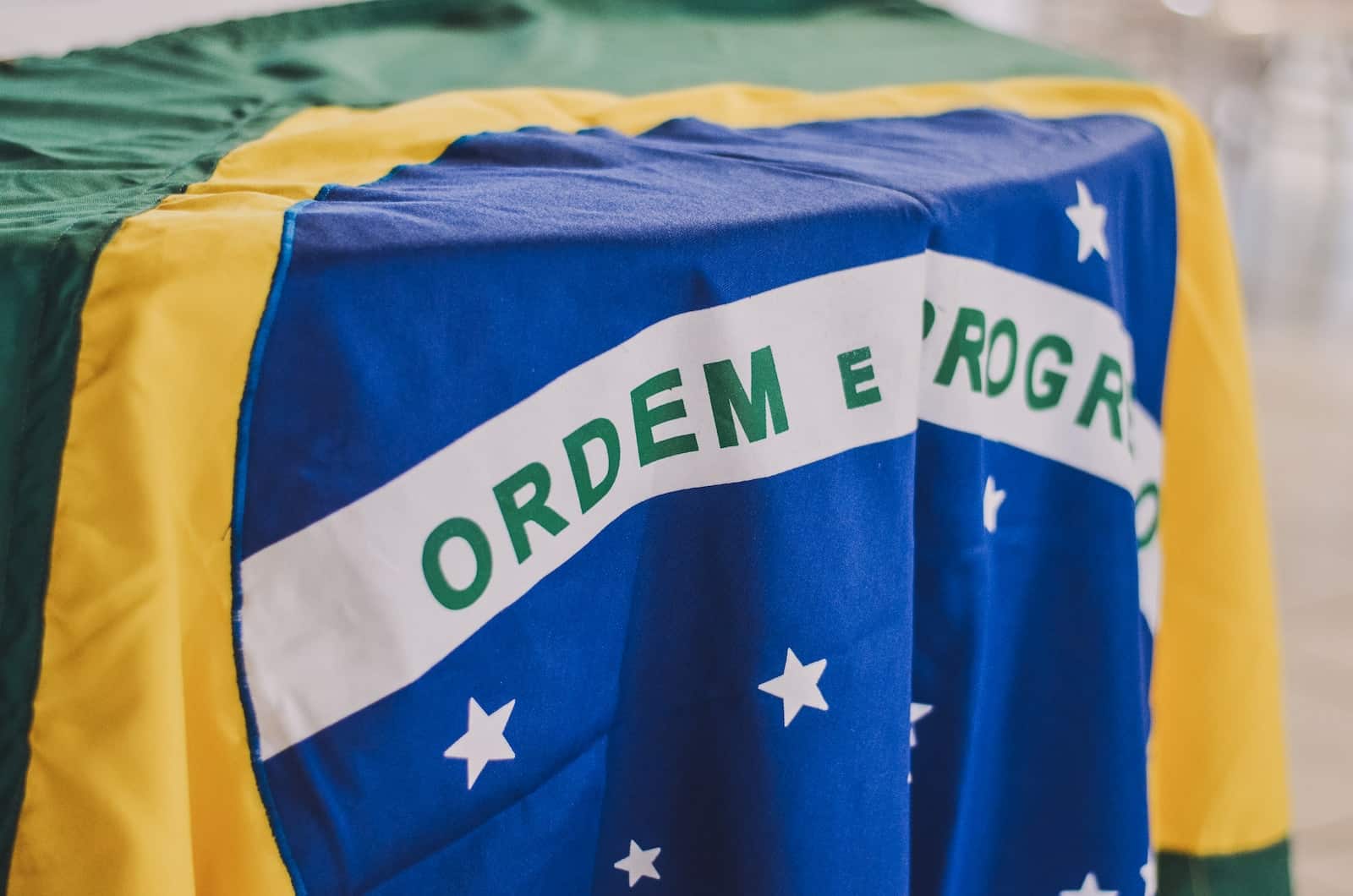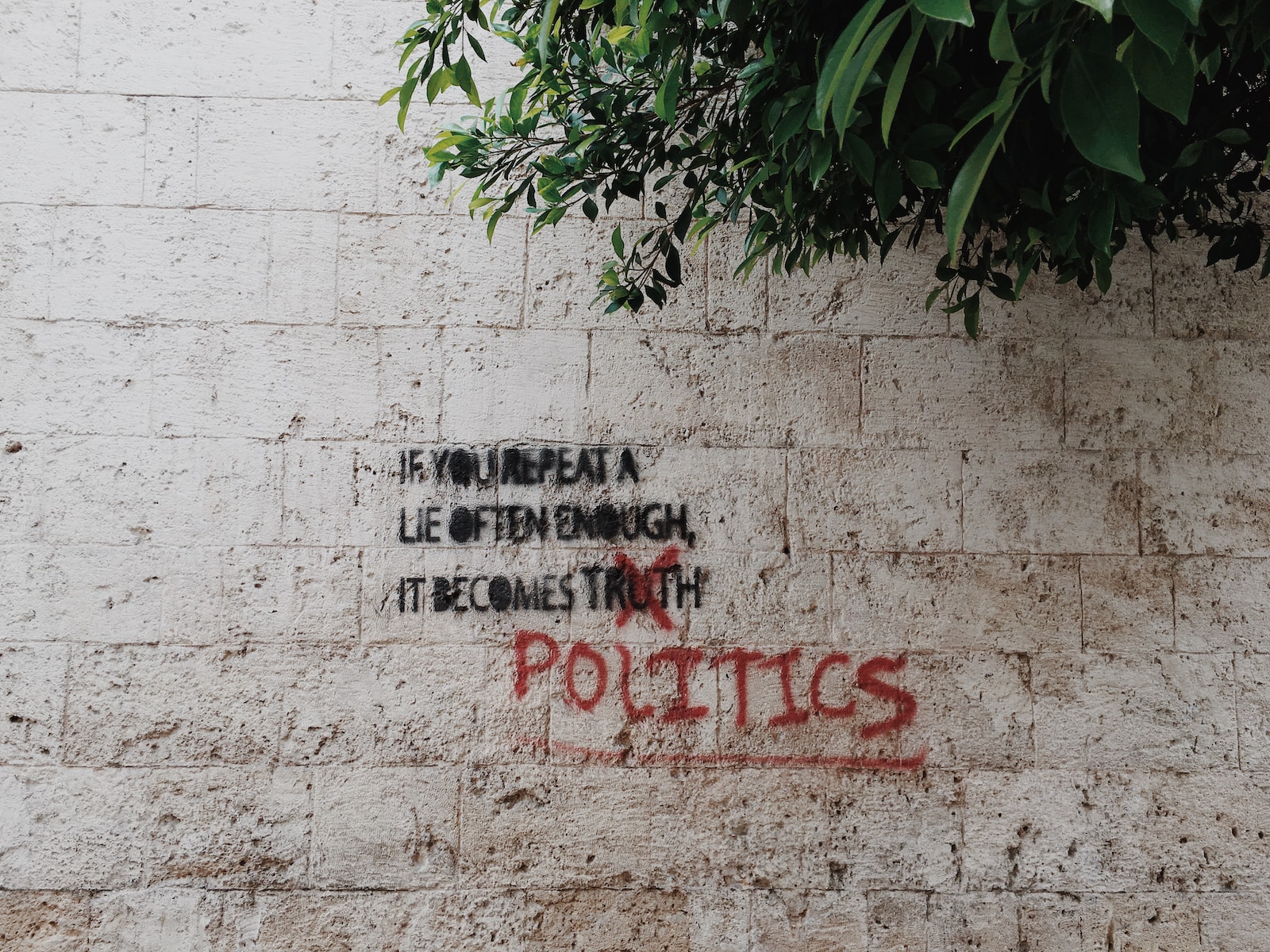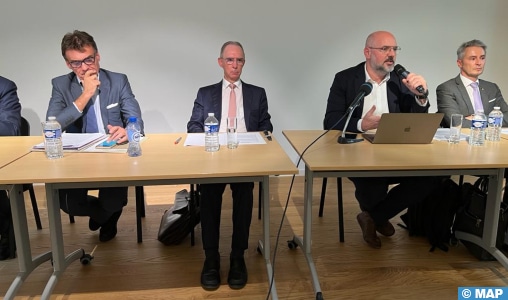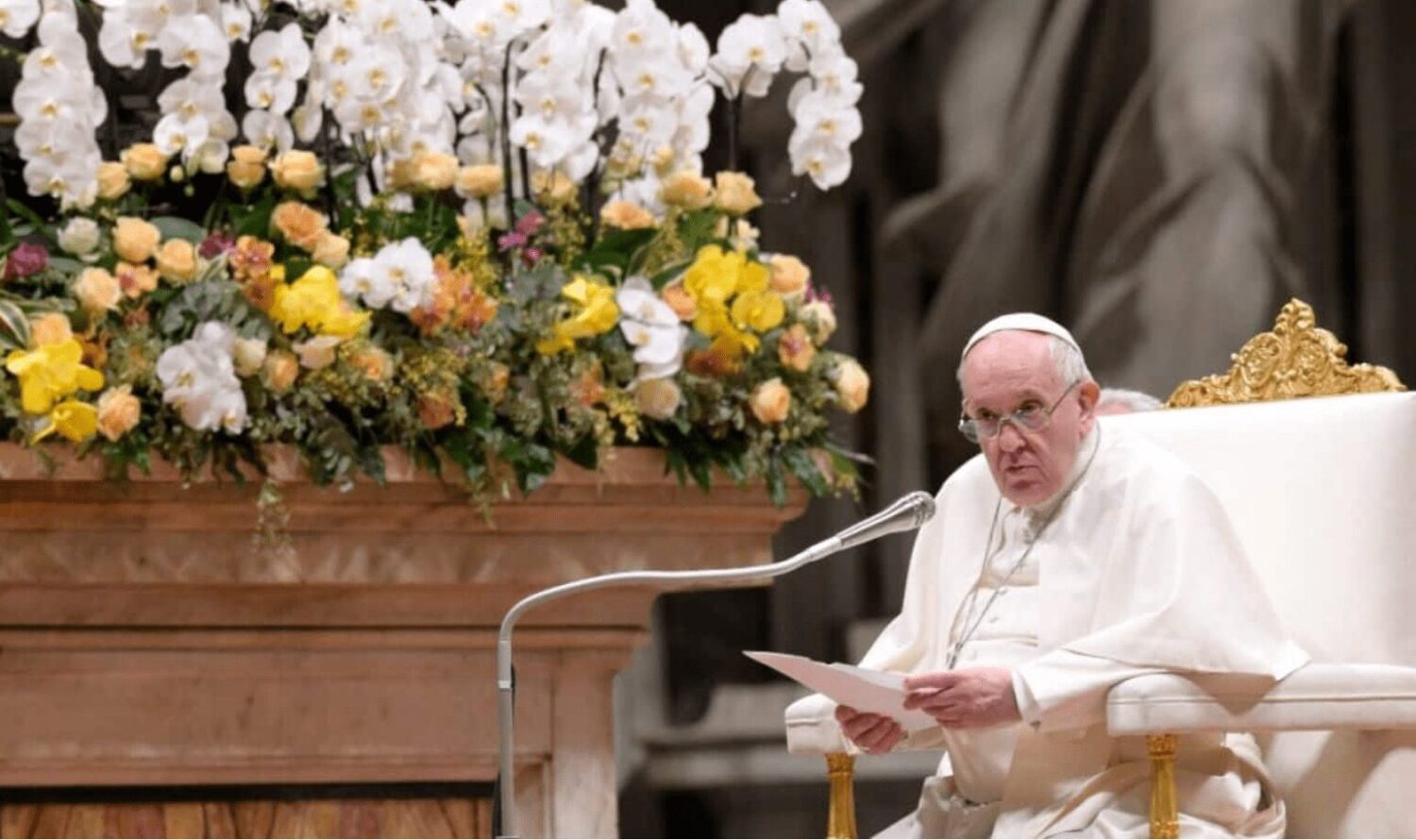We have just had the opportunity to interview two of the academics working on the Ukrainian project “Religion on Fire”, Anna Mariya Basauri Ziuzina and Lillia Pidgorna, a project described in the article “Russia is destroying primarily its own Churches in Ukraine“.
LB: What is the purpose of « Religion on Fire » and what do you expect from it?
AMBZ and LP: The main purpose of the project “Religion on Fire” is to document Russia’s war crimes against buildings dedicated to religion, as well as against religious leaders of various denominations. In order to bring those responsible for war crimes to justice, documenting and collecting evidence of the crimes is crucial. Keeping that in mind, our team cooperates with lawyers and we hope that data collected by us will be used in Ukrainian and international courts as evidence of war crimes. Apart from such dramatic violations of international humanitarian law like killing and kidnapping religious personnel and destroying religious facilities, we also document the cases of looting religious objects and their usage with military aim, which are also examples of violations of the law by the Russian forces. The materials we collect can be also used in future studies of the war’s impact on the religious communities of Ukraine, in preparing reports for local and international organizations, and as a proof that Russia doesn’t attack only military objects as their officials often declare.
Being a group of academics, who devoted our life to studying and teaching about the religious diversity in Ukraine, we will use – and are using now – the collected materials to educate people about the damage this war is giving to various religious communities of Ukraine. We are analyzing the collected materials and suggesting ways how Ukraine could restore its rich religious life after our victory.
LB: Why and how do you think that the findings of your project are helpful in establishing that the Russian Federation is guilty of war crimes? How do you establish the intention when you document the attacks on religious facilities and personnel?
AMBZ and LP: We strongly believe that documenting the war crimes helps to ensure that all people responsible for them will be brought to justice, and justice for the victims and survivors of the atrocities will be secured. While documenting any particular case related to the damage and destruction of religious buildings, we try to analyze the type of the bombardment using all the data we have and collect all the evidence of deliberate attacks. Though the official results of the investigation of attacks on religious facilities have not been published yet, we know about at least 5 religious objects that were special targets and thus were deliberately destroyed by the Russian army. For establishing deliberate attacks, we analyze the following factors:
- testimonies of eyewitnesses, both published and collected during our own field investigations in Kyiv region. Such testimonies prove that e.g. St. George church in the village of Zavorychy (Kyiv region), historical landmark of the XIX century, was destroyed on March 7, 2022 by targeted fire.
- the fact that a religious building was shelled with a machine gun, especially at point blank range. This fact proves that the religious facility was a target, that’s the case for St. Paraskeva church in Druzhnya village (Kyiv region), where a roadside chapel was shelled with a machine gun.
- the fact that a religious object was fired from inside. That’s the case for St. Dymytrii Rostovsky church in Makariv (Kyiv region), where interior icons were fired.
We’d like to outline that any attacks on religious buildings result in ruining cultural and spiritual heritage and restrict religious freedom, that is prohibited by international humanitarian law.
Wilful killing and taking of hostages of civilians are considered to be grave breaches of the Geneva Conventions. For now we know about at least 26 cases when religious personnel has been killed by bombings, shot with automatic weapons or kidnapped. One of the most well-known cases of wilful killing of the priest is the killing of Fr. Rostyslav Dudarenko on March 5, 2022 in Yasnohorodka village (Kyiv region). According to numerous evidence of eyewitnesses, he was shot dead by the Russian soldiers when they were invading the village, and unarmed Fr. Rostyslav raised a cross over his head, trying to come up to them.
As far as we are concerned, we can not establish the intention to commit a crime, this is done by the court. But we can provide lawyers with maximum information about a specific case, sticking to the facts, provided by reliable sources and eyewitnesses, which can be used for proving this intention.
LB: What would you like the European states to do about this situation specifically? What’s your call?
AMBZ and LP: We experience constant help and support from European countries and we’re immensely grateful for that. And in order to set justice, we’d like the European States, first, to keep the focus on the war crimes committed by Russian forces in Ukraine, to spread truthful and evidence-based information about their violations of international humanitarian law.
Second, to advocate for sanctions against Russian religious figures who play an important role in the war by supporting it, calling for continuation of hostilities, and often, using their influence on masses, encourage them to participate in the war promising reward in heaven. And we call on European countries to continue to support Ukraine. We understand that with time it becomes more difficult to do it, we see the sacrifice Europe is making to support Ukraine and we are thankful for that. But we will repeat again and again: Russia is committing war crimes against religions in Ukraine and we need all your support to stop it. We need all the support to fight for freedom and democracy, because religious diversity is a foundation of democratic society.




